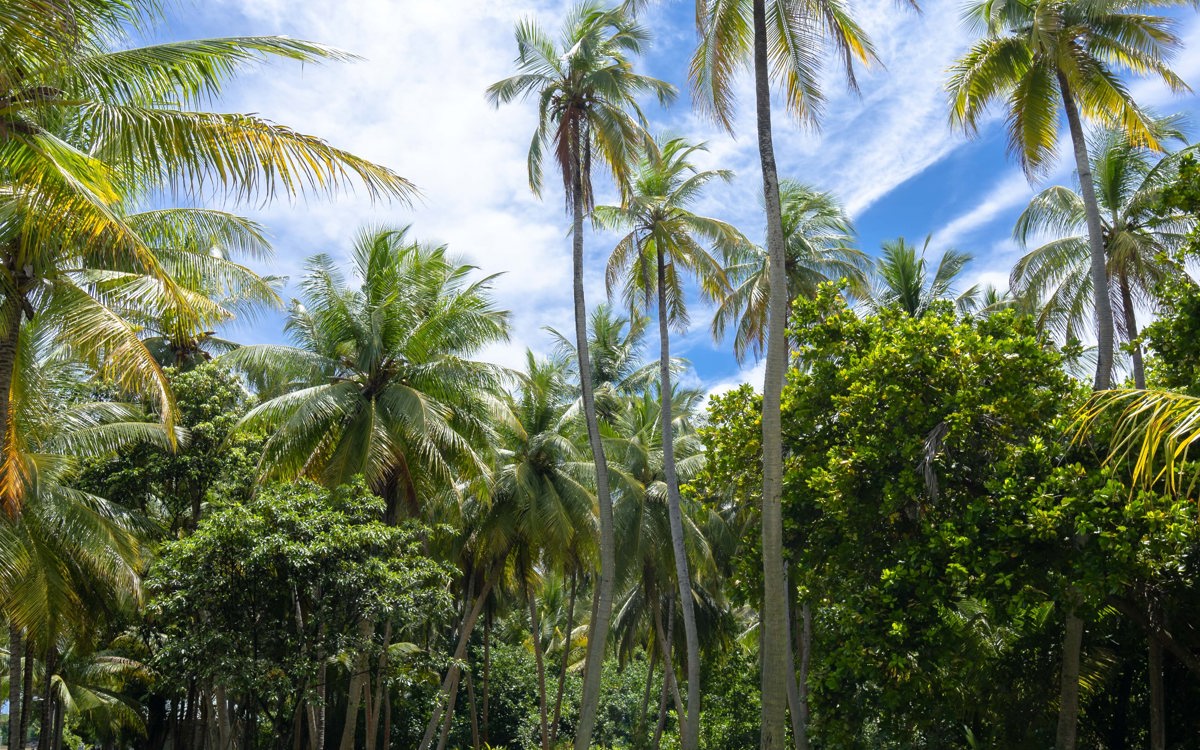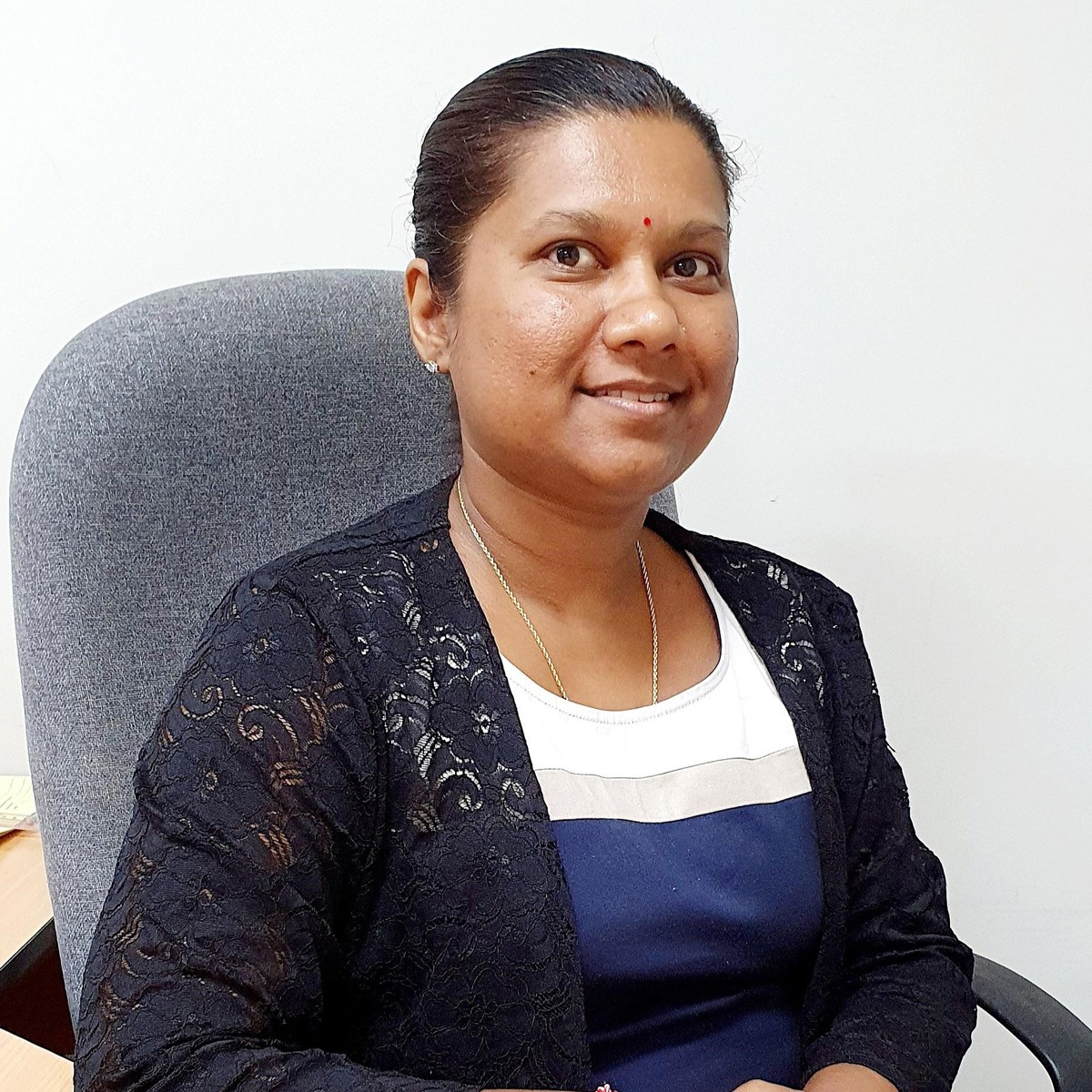By Dr Ravita Prasad


Dr Ravita Prasad
Pacific island nations such as Fiji experience significant challenges posed by climate change. Due to the country's small size, geographical isolation from industrialized nations, and its dispersed island territories, achieving sustainable development in Fiji can be very difficult.
These challenges are further compounded by the impacts of climate change, from sea level rise and intense tropical cyclones to flash flooding across the country. Sea-level rise has already led to some communities being displaced from their ancestral lands, while common – but intense – tropical cyclones have caused immeasurable damages to homes and the lives of people, animals, crops and forests. Many people in Fiji have also lost their homes and crops to bouts of flash flooding due to heavy rainfall.
It’s evident that the climate challenges we face are significant. But when it comes to climate adaptation in Fiji, achieving low-carbon development driven by renewable energy is crucial - and that’s where my own research comes in.
I completed my PhD on long-term energy planning for Fiji which focuses on the policy implications for three sectors which are crucial to low-carbon development: grid electricity generation, land transport, and maritime transport. In Fiji, most households (78.5%) are connected to the national electricity grid while 17.5% use on-site electricity generation, which mostly provides a few hours of energy in the evening. A remaining 4% do not have access to electricity at all. Moreover, because Fiji does not have any fossil fuel resources, its transport sector is wholly dependent on imported fuels.
These compound challenges are complex, but thankfully, not all is gloom in Fiji. The country has diverse natural resources, good solar irradiation, hydropower resources, biomass energy, wind energy, ocean and tidal energy, and potential geothermal energy. While some of these resources are currently being used for electricity generation, such as solar, hydro, wind, and biomass, there are still many opportunities for researchers to tap into this space and help make the country’s energy sector completely green. For this to happen, it’s key to access disaggregated data on energy demand from different sectors of the economy, which would provide the evidence needed to analyze and reimagine policies for energy efficiency and sustainable development.
Researchers like me play the unique role of exploring the feasibility of renewable resources such as geothermal, wind, biomass, and ocean tides for electricity generation. This is particularly important for communities in remote and maritime islands, which are usually not considered in the financing of large-scale renewable energy projects.
In Fiji, rural areas are inhabited by many farming communities practicing subsistence agriculture. Due to the interconnection between people and nature, these rural communities are very much in touch with nature – and rely on natural resources such as fishing and agriculture for household consumption. Meanwhile, in contrast, urban populations often have modern living conditions leading to relatively higher energy consumption levels.
However, large-scale projects for clean energy transitions usually focus on grid electricity generation, leaving significant gaps in resources to support clean energy access for rural and remote communities. To ensure the energy transition is equitable and just, more needs to be done for the latter – and, as researchers, we play a key role as conduits between large-scale projects and local contexts, implementing community projects that will have significant impact on people’s lives.
Being part of the ACU-British Council Commonwealth Futures Climate Research Cohort has introduced me to ways to engage with stakeholders and how to assess them, which will be very beneficial for my research. My current academic focus is on assessing energy consumption in different clusters of Fijian schools, and I am also taking part in an ACU team to implement a research-to-action project focusing on clean energy access.
Ultimately, my goal is to make a significant contribution to Fiji’s energy sector by filling the gaps in it, so that I can support the country’s transition to cleaner, greener, and more resilient energy systems.
